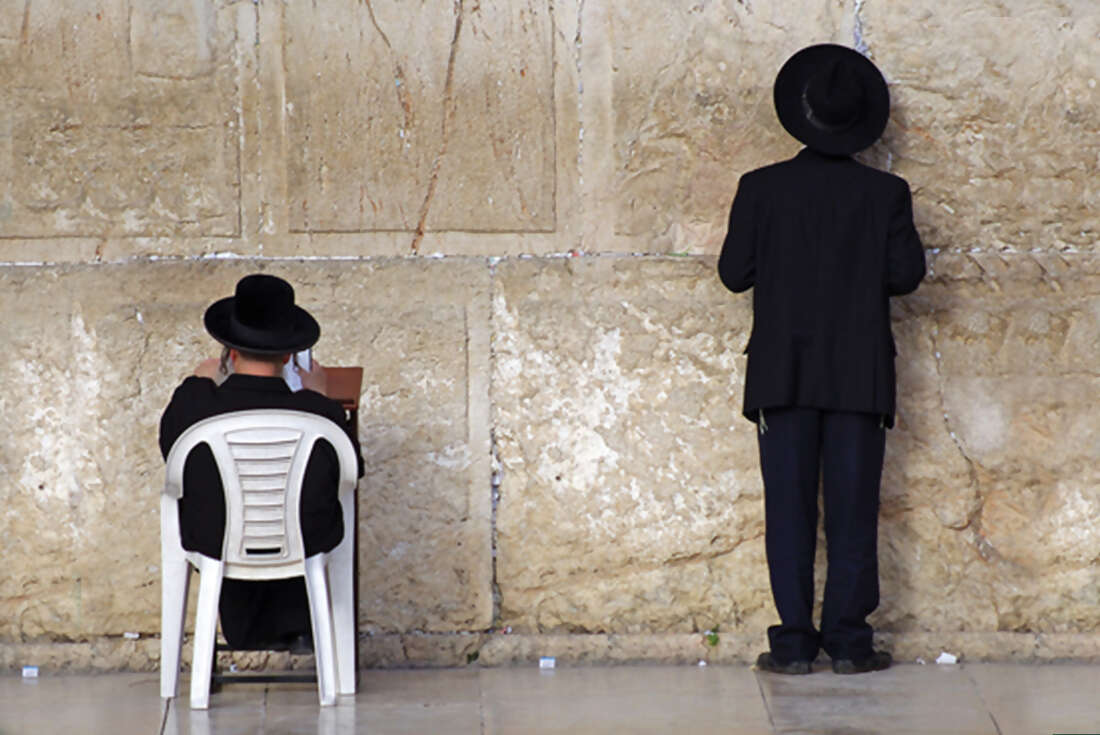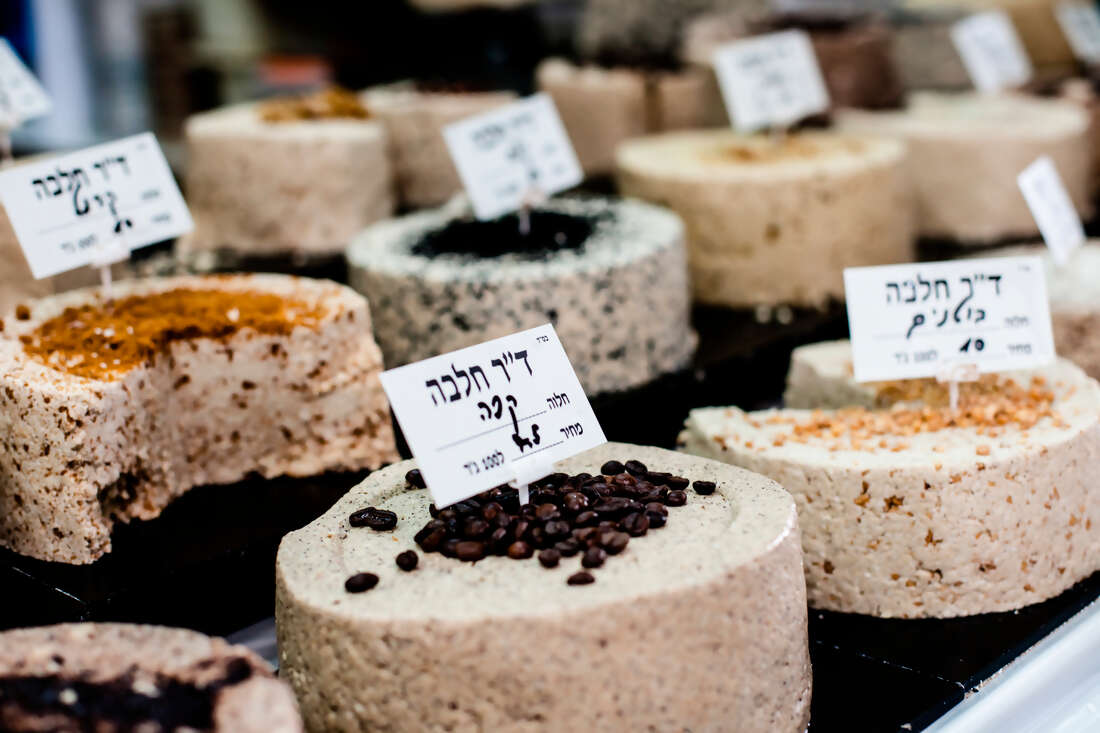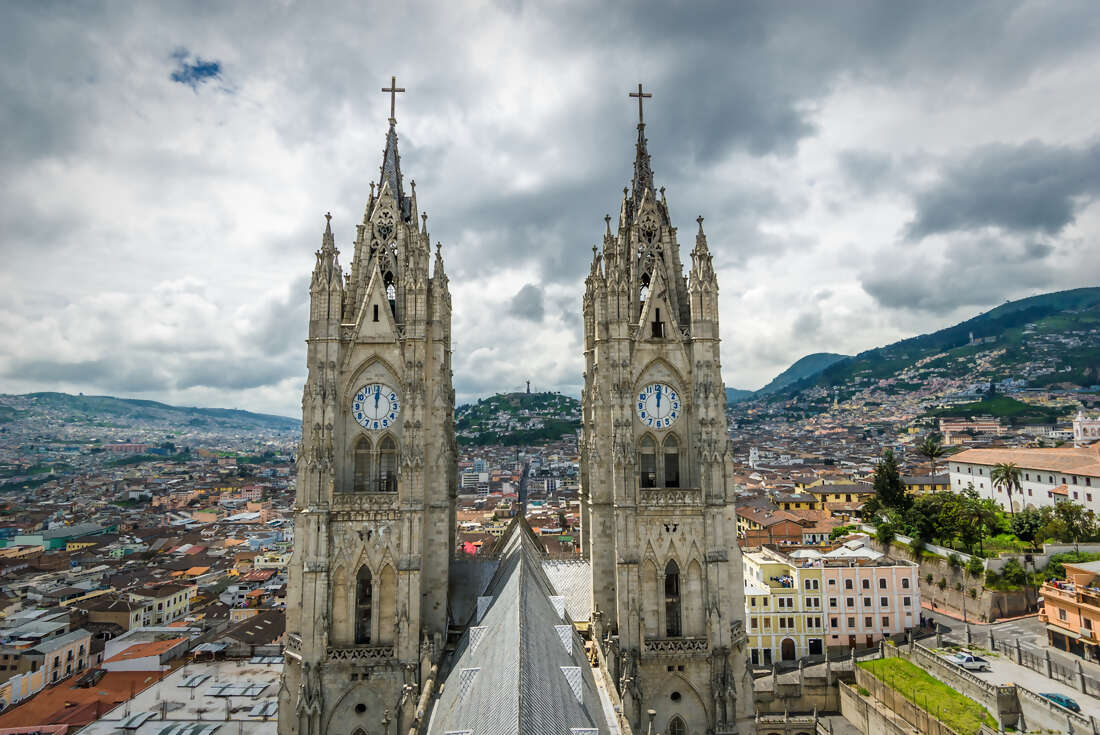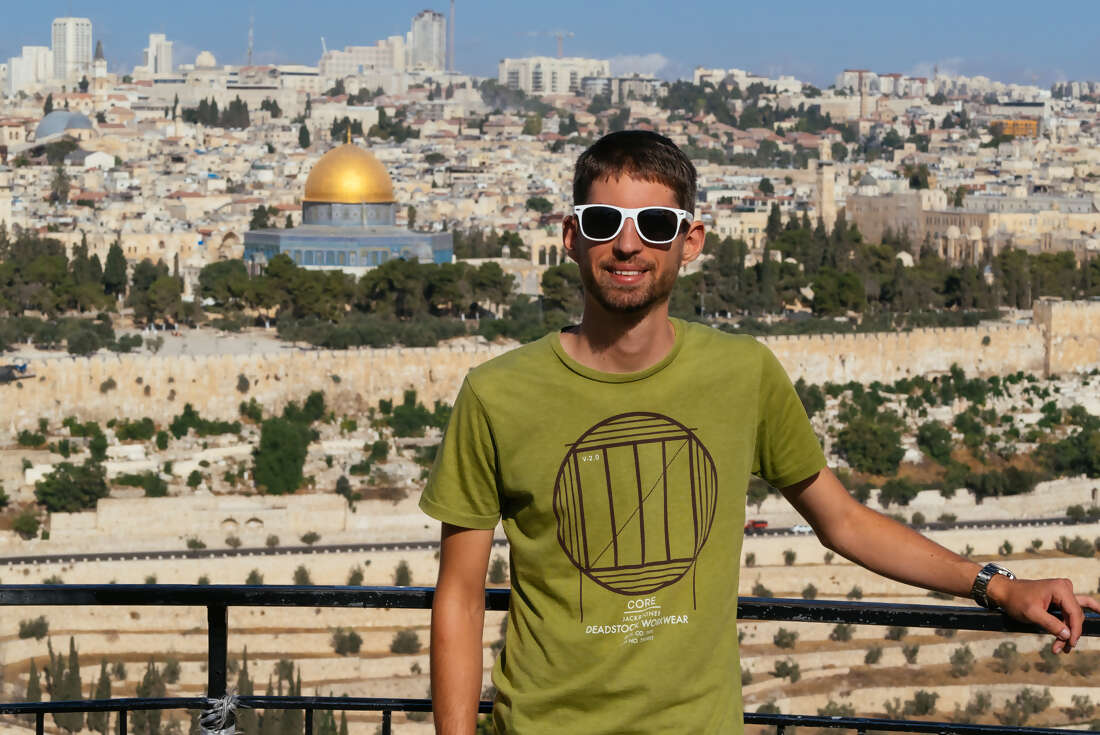 Discover the classic dishes and delectable delights of Israel and the Palestinian Territories on this Real Food Adventure. Savour shakshuka in Tel Aviv, learn the tricks of tahini in Nablus, break bread with Druze folk in Buq’ata and sample mouth-watering knafeh. In between these delicious diversions, float on the Dead Sea, drink wine in the Negev desert and see the holy sights of Jerusalem. Brimming with charismatic cuisine and rich history, this is an epicurean odyssey to remember.
Discover the classic dishes and delectable delights of Israel and the Palestinian Territories on this Real Food Adventure. Savour shakshuka in Tel Aviv, learn the tricks of tahini in Nablus, break bread with Druze folk in Buq’ata and sample mouth-watering knafeh. In between these delicious diversions, float on the Dead Sea, drink wine in the Negev desert and see the holy sights of Jerusalem. Brimming with charismatic cuisine and rich history, this is an epicurean odyssey to remember.Highlights
Feast on classic dishes in Israel’s legendary local eateries, from shakshuka to a beloved hummus institution in the Old City of Jerusalem
Take a dip in the famously salty unsinkable Dead Sea
Pay a visit to Zichron Yaakov and stop in at one of Israel's finest wineries. Enjoy a wine tasting and perhaps make some purchases to accompany a picnic brunch in the nearby Rothschild Gardens.
Learn some age-old kitchen secrets cooking up a storm with Druze villagers who are agricultural people, tending olive groves and fruit orchards.
Visit the local chapter of the 'Slow Food' network for a cooking class. Accompany the chef to the kasbah to collect your ingredients, then learn to prepare some classic Palestinian dishes. Enjoy your creations over lunch and discover what life is like for women in this small Palestinian town
Savour Jewish dishes in a local home in the Negev Desert
Enjoy a full-day tour of Jerusalem, visiting the Church of the Holy Sepulchre and the excellent Machane Yehuda market
















- You will visit the following places:
-

Tel Aviv
Tel Aviv or Tel Aviv-Yafo, is the second most populous city in Israel, with a population of 404,400. It is the largest and most populous city in the metropolitan area of Gush Dan, home to 3.3 million residents as of 2010. Tel Aviv's White City, designated a UNESCO World Heritage Site in 2003, comprises the world's largest concentration of Bauhaus buildings. Tel Aviv is also a beta+ world city, alongside cities such as Barcelona and San Francisco. Known as "The City That Never Sleeps", its beaches, parks, bars, cafés, restaurants, shopping, cosmopolitan lifestyle and 24-hour culture have made it a popular destination, visited by over 1.6 million foreign tourists annually. Tel Aviv is an economic hub, home to the Tel Aviv Stock Exchange, corporate offices and research and development centers. It is the country's financial capital and a major performing arts and business center.
-

Haifa International Airport
Haifa is the third-largest city in the State of Israel. It is home to the Bahá'í World Centre, a UNESCO World Heritage Site and a destination for Baha'i pilgrims. Built on the slopes of Mount Carmel, the settlement has a history spanning more than 3,000 years. The earliest known settlement in the vicinity was Tell Abu Hawam, a small port city established in the Late Bronze Age (14th century BCE). In the 3rd century CE, Haifa was known as a dye-making center. Today, the city is a major seaport located on Israel's Mediterranean coastline in the Bay of Haifa covering 63.7 square kilometres (24.6 sq mi). The city plays an important role in Israel's economy. It is also home to Matam, one of the oldest and largest high-tech parks in the country. Haifa Bay is a center of heavy industry, petroleum refining and chemical processing. Haifa formerly functioned as the western terminus of an oil pipeline from Iraq via Jordan.